5 Iconic Band Names With Interesting Backstories
Sometimes, inspiration comes from the most unlikely places.
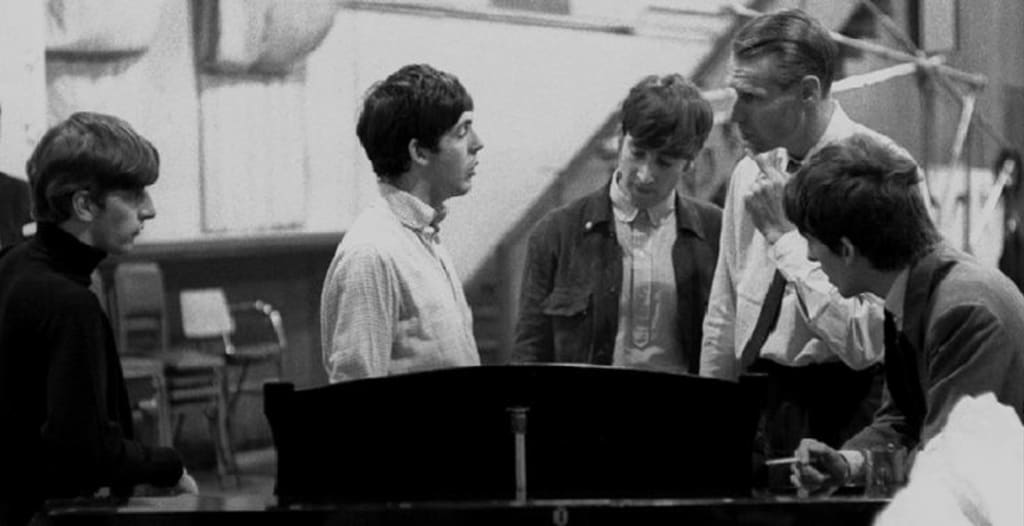
Every iconic band must have an equally iconic name. It has to be something so instantly recognisable to its audience that the very mention of its name will automatically shift a person’s thoughts to that band.
Most of the time, bands usually come up with names based on a few common things. A band could name itself after it’s members, a shared passion, the place they may have come from or even with a phrase that describes them or their music.
However, a few bands have gone quite a ways outside the box in terms of figuring out what to call themselves. In this list, we will look at 5 iconic bands whose names have come with quite the interesting backstory behind them.
5. The Bee Gees

Primarily made up of brothers Barry, Robin and Maurice Gibb, The Bee Gees achieved a respectable level of success in the late 1960s before breaking up briefly. However, upon their reformation in the mid 70s, the brothers became the sound of the Disco scene and achieved success far outshining that of their first run.
The band’s name has undergone quite the evolution from it’s early years till now. As children in Australia, the three brothers would perform on a race track to earn extra pocket money. The boys, led by eldest brother Barry, were soon hired full-time by the track’s promoter, Bill Goode.
Goode soon introduced the boys to local radio DJ, Bill Gates. In need of a name to promote the up-and-coming group, they soon settled on “The BGs” named after the shared initials of Barry Gibb, Bill Goode and Bill Gates.
When the band became more internationally recognised it soon became popularly accepted that BGs was an acronym for “Brothers Gibb.” While not the true origin of their name, the band eventually incorporated that perception especially when the group became more centered on Barry, Robin and Maurice.
At the same time, the decision was made to change the spelling of the group’s name from BGs to Bee Gees that we know today. Apparently, this was a strategic decision that the band hoped would lead to further success. By changing the spelling of their name, the Bee Gees would be next to The Beatles alphabetically at record shops and the brothers hoped that fans would glance upon their records when purchasing the music of the most popular band of the time.
In hindsight, The Bee Gees would undoubtedly have achieved great levels of success even without changing the spelling of their name. That being said, it was a pretty smart move on their part anyway.
4. Steely Dan
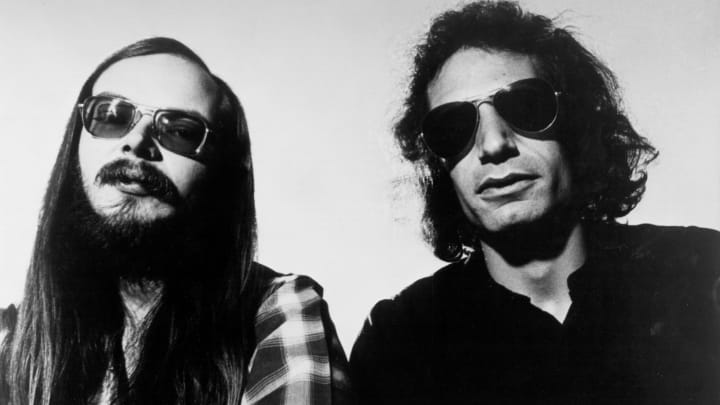
Founded by core members Donald Fagen and Walter Becker in 1971, Steely Dan soon achieved fame for its musically complex songs which often featured extensive studio production and all manner of session musicians. The band was also noted for rarely performing live and were also notorious for Fagen and Becker’s perfectionism in the studio.
Having met in college, Becker and Fagen instantly hit it off thanks to their shared hobbies. One of these hobbies was Beat literature. Upon reading William Burroughs’ novel “Naked Lunch,” the duo decided to name the band after “Steely Dan III from Yokohama,” a steamed powered adult toy used by one of the characters in the book.
Just like its name, Steely Dan’s songs were known for its cynical and occasionally scathing lyrics that were often packed with cheeky innuendos, numerous references to drugs and alcohol as well as all manner of inside jokes and obscure references. In many ways, the band’s name encapsulated the spirit of the group very well.
In spite of the off color and somewhat obscene origin of their name, Steely Dan was renowned as a group with significant musical talent. Upon reforming in the 90s the group has shown themselves as masterful on stage as they were in the studio. So successful was the group that the name “Steely Dan” is now more associated with the band itself than the object from the book in which it derived its name from.
3. Led Zeppelin

There is no doubt that Led Zeppelin is one of the greatest bands in history. Essentially the innovators of hard rock and heavy metal, the band’s name is one of the most recognisable of all time.
In its earliest days, the group that was soon to be known as Led Zeppelin was initially going to be The New Yardbirds. Guitarist Jimmy Page who had been a member of the original Yardbirds sought to replicate the success of his earlier band with a different group of musicians. His first two picks were John Entwistle and Keith Moon of The Who.
Moon was not receptive to the idea and told Page that their collaboration would “go down like a lead balloon.” To further highlight how colossally unsuccessful their project would be, the word balloon evolved into a zeppelin, the biggest balloon of all.
Page eventually carried on with his New Yardbirds project but it was not a success. Realizing that he needed to break away from his old band’s name, he recalled the conversation he had with Moon. Soon Page began collaborating with Robert Plant, John Bonham and John Paul Jones and their group began to pick up steam.
Changing the spelling from “Lead” to “Led” in order to ensure fans would pronounce it correctly, the band would soon go on to achieve legendary status and reach the greatest heights of the music industry. It is ironic how one of the most successful groups of all time was named after a phrase for how unsuccessful something was supposed to be.
2. The Beatles
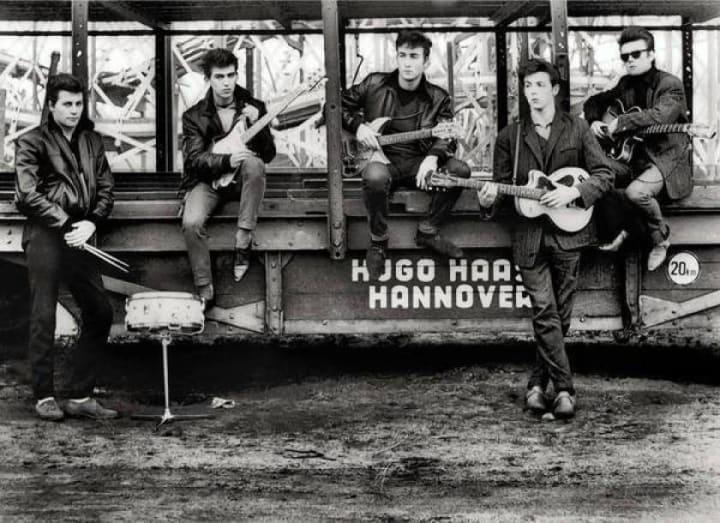
Arguably the greatest group in the history of music, there have been numerous accounts as to how The Beatles eventually got their name. Despite the various stories that have been told over the years, quite a number of facts have remained consistent in regards to the origins of the group’s name.
Coming from the Quarrymen, John Lennon had stated his desire for his new group’s name to be reminiscent of Buddy Holly and The Crickets of which he was a big fan. Soon, the name “Long John and the Silver Beetles” was proposed as both a reference to the insect theme of The Crickets and Long John Silver. Lennon thought the name was too long and he personally did not want to be known as “Long John.”
The shortened name “Silver Beetles” was soon put forward. Many believe that this name was a reference to the Marlon Brando film “The Wild One’’ in which Brando played a character named Johnny who led a gang called the Beetles. However, this has been debunked as the movie was banned in the UK until 1967 and that it was unlikely that any of the members would have seen the film until well into their success.
The Silver Beetles name was also soon scrapped for The Beetles. However, this too was soon changed to The Beatles name we know today. Although accounts differ as to who exactly proposed the name change, it is commonly accepted that the spelling was changed as a pun of the word beat.
Thus, The Beatles were born and were cleverly named to reference both the band’s musical idol and music itself. In the years to follow, many other bands of the time would soon follow this animal themed naming scheme with the likes of The Monkees, The Yardbirds and The Animals soon to come.
1. Lynyrd Skynyrd
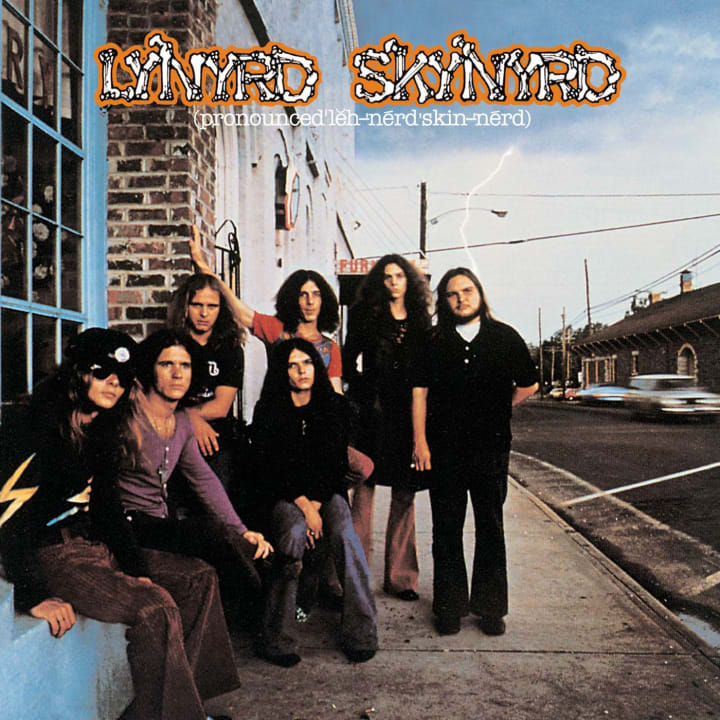
One of the greatest rock bands of all time, Lynyrd Skynyrd dominated the Southern Rock genre. Known for its sizable line-up and extensive, high-energy live performances, the band was popular wherever they went. Just as well known however, is their unique name.
In their early days, the band had used less distinct names such as “My Backyard” among others. Eventually, the group decided to name themselves after a person they knew. As children, founding members Ronnie Van Zant, Bob Burns and Gary Rossington went to the same school. The boys often caught the ire of their P.E. teacher, Leonard Skinner.
Skinner, a US Army veteran, was known as a strict man who detested rock n roll music and had a reputation for punishing boys for having long hair. The boys’ numerous run-ins with their strict coach led to trips to the principal’s office, detentions and suspensions. Rossington in particular was so fed up with Skinner’s strictness that he dropped out of school.
The band would eventually have a good relationship with their former coach. Although he still did not like their music and disapproved of their appearance, Leonard Skinner respected the success of his old students and occasionally use the attention that he had gotten as the inspiration behind the iconic band’s name to benefit his Real Estate career. Image: Lou Egner/AP
Unlike most bands who name themselves out of tribute to something, Lynyrd Skynyrd’s name was more of a mockery to someone from the members’ past. To avoid any action from their former teacher, the band changed the spelling of his name and created an additional backstory by citing a reference to a character in a novel who was also named Leonard Skinner.
In later years, the band and their old coach struck up a friendship and Skinner even introduced them onstage for one of their performances. Skinner’s son (a fan of the group himself) had said that although his father continued to disapprove of the band’s music, he respected his former students for making something of themselves and secretly enjoyed the attention he had gotten because of them. Upon his death in 2010, the New York Times referred to Skinner as “Arguably the most influential high school gym teacher in American popular culture.”
Thus it goes to show that the most iconic names do not always have to come from the most conventional places. In fact, a unique origin story to a band’s name can also serve to fuel the mystique behind the group.
If you’ve gotten this far, I thank you for reading this and I’d love to hear if there are any more interesting stories behind famous band names. Until then, take care!
About the Creator
Isa Nan
Written accounts of life, death and everything in between
Enjoyed the story? Support the Creator.
Subscribe for free to receive all their stories in your feed. You could also pledge your support or give them a one-off tip, letting them know you appreciate their work.


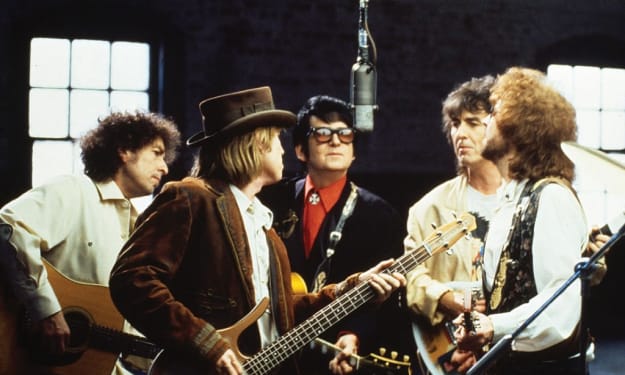

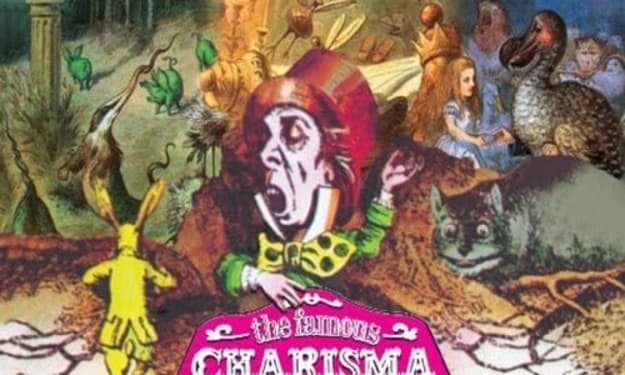

Comments
There are no comments for this story
Be the first to respond and start the conversation.